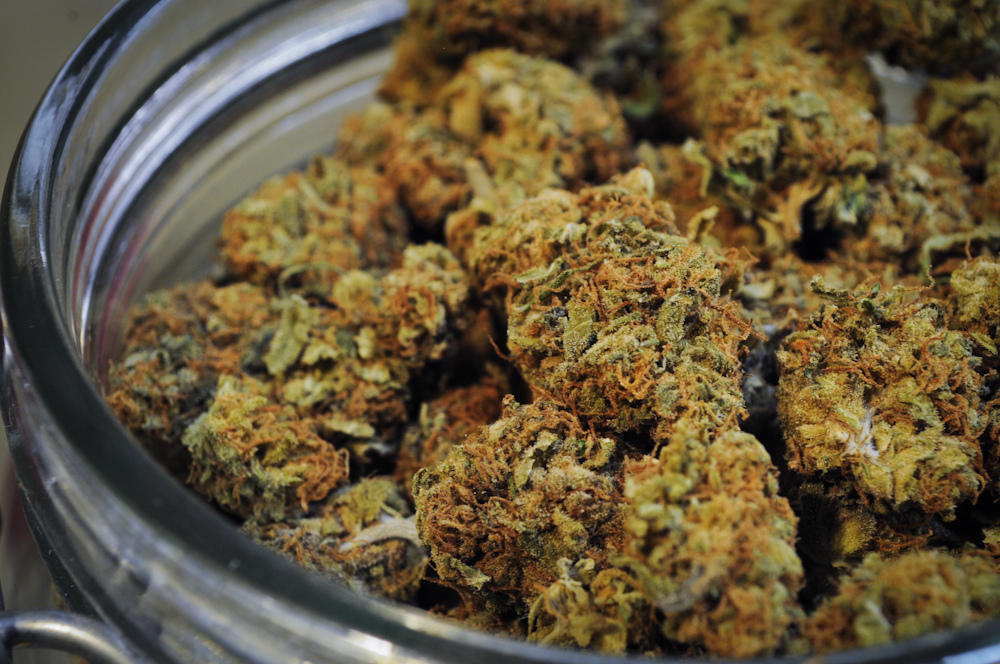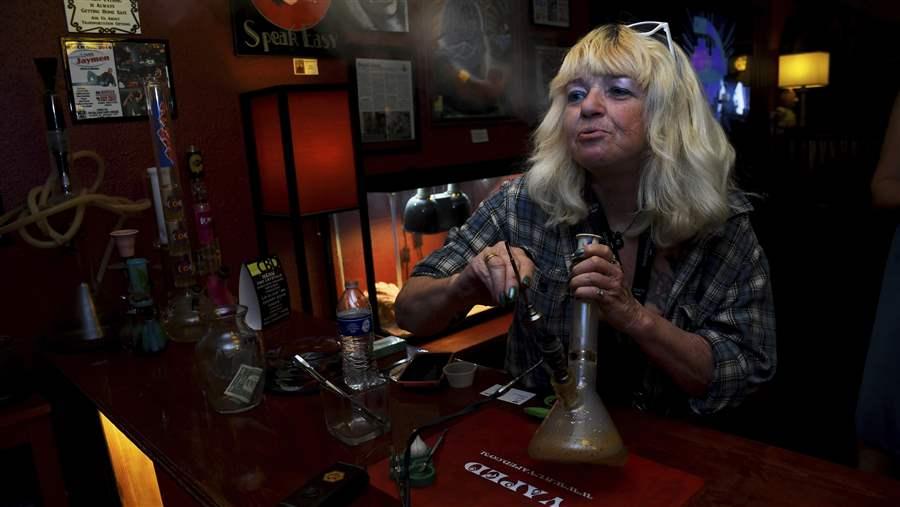Researchers found that legalizing marijuana had a positive impact on the economy of Pueblo County, Colo. In a landmark report out of the Colorado State University-Pueblo’s Institute of Cannabis Research, researchers found that a taxed and regulated cannabis industry contributed more than $58 million to the local economy, reports The Denver Post.
The research itself was funded by state and local marijuana taxes, reported CPR. “When compared to other similar communities in states where cannabis is not legal in any form, Pueblo appears to be doing better on a number of measures,” read the report.
The study’s authors pointed out some of the harms associated with legalization, including an increase in illegal marijuana grow operations and confusion among law enforcement officers trying to keep up with ever-changing pot regulations. But the report is notable in dispelling some of the harms that are often attributed to legalization: The researchers found no evidence that legal cannabis contributed to increased homelessness or increased youth use of marijuana.
Pueblo has made headlines for its scholarships that are funded by a local marijuana excise tax. Last year, the county dedicated $420,000 to scholarships for 210 students. This year, the county is set to triple the number of scholarships it offers as tax collections are expected to top $750,000, reports KOAA.
It’s clear that marijuana legalization can be a boon to local economies with robust regulatory regimes in place. Contrary to fears that retail marijuana outlets could have a negative effect on property values, a study on Colorado municipalities found that legalization actually led to a 6% increase in housing values.
But lawmakers should be wary of legalizing marijuana solely for the potential economic benefits. Colorado’s first “marijuana czar” Andrew Freedman, who now consults for governments on legalization matters, has repeatedly warned against legalization for the purpose of generating tax revenue.
As he told me in an interview in 2016: “At the end of the day, the debate shouldn’t be about tax revenue. ‘Should we lock up fewer people for marijuana?’ vs. ‘Is this going to create more of a burden on public safety?’—that’s where the debate should be.”





